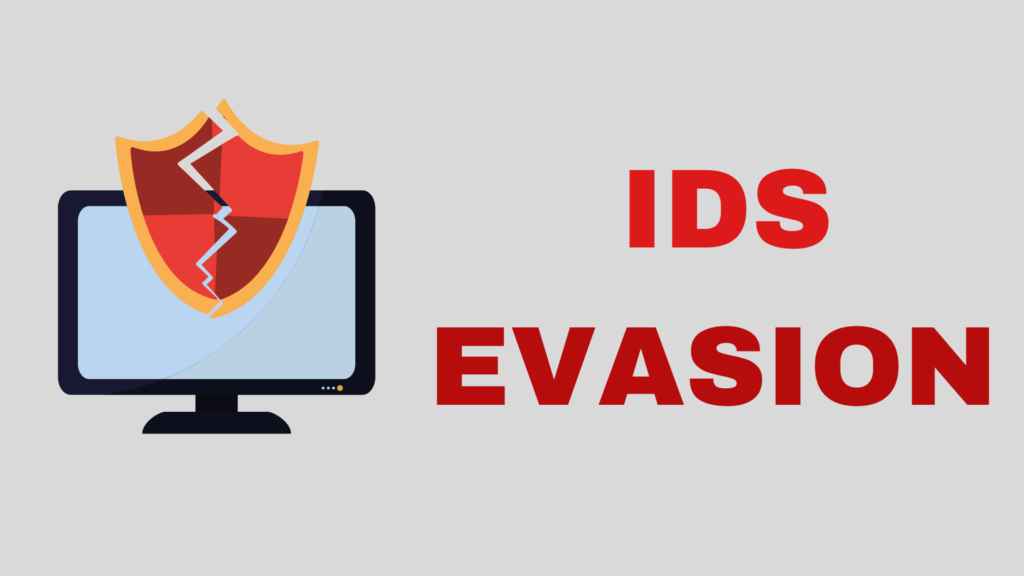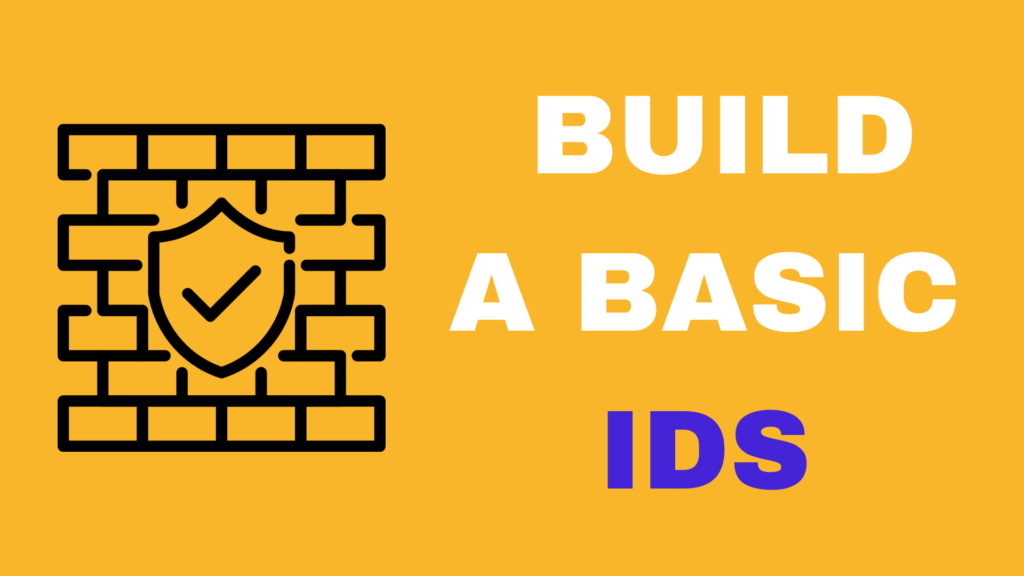Introduction
In today’s digital age, security has become a top priority for every organization. With the rise of cyber threats and the increasing frequency and severity of cyber attacks, it has become essential to integrate security into every aspect of software development. This is where a DevSecOps engineer comes in. In this article, we will discuss the role of a DevSecOps engineer and their importance in building secure and resilient software.
What is a DevSecOps Engineer?
A DevSecOps engineer is a professional who is responsible for ensuring that security is integrated into every phase of the software development lifecycle. This involves working closely with developers, operations teams, and security teams to ensure that security is built into the software from the ground up.
The Role of a DevSecOps Engineer
The role of a DevSecOps engineer is critical in building secure and resilient software. Here are some of the specific responsibilities of a DevSecOps engineer:
- Implementing Security Policies and Standards: A DevSecOps engineer is responsible for developing and implementing security policies and standards to protect an organization’s information assets. This involves identifying potential security threats and designing security solutions that address these risks while also meeting business requirements.
- Conducting Risk Assessments: A DevSecOps engineer is responsible for conducting risk assessments and identifying potential security threats. This involves identifying vulnerabilities in the software and assessing the likelihood and impact of a security breach.
- Designing Security Solutions: A DevSecOps engineer is responsible for designing security solutions that address identified risks and meet business requirements. This involves working with developers and operations teams to design software that is secure and resilient.
- Reviewing Security Designs: A DevSecOps engineer is responsible for reviewing and approving security designs for new systems, applications, and networks. This involves working with developers and operations teams to ensure that security standards and best practices are integrated into the software design.
- Conducting Security Audits and Assessments: A DevSecOps engineer is responsible for conducting security audits and assessments to ensure compliance with security policies and standards. This involves using a range of testing techniques, such as penetration testing, vulnerability scanning, and code analysis, to identify security weaknesses in the software.
- Staying Up-to-Date with the Latest Security Threats: A DevSecOps engineer is responsible for staying up-to-date with the latest security threats, trends, and technologies to ensure that security measures are effective. This involves continuously learning and developing new skills and staying abreast of industry developments.
Benefits of a DevSecOps Engineer
Having a DevSecOps engineer on board offers several benefits, including:
- Improved Security: By integrating security into every aspect of the software development lifecycle, a DevSecOps engineer can ensure that software is secure and resilient, reducing the risk of security breaches and protecting sensitive information.
- Faster Deployment: By implementing continuous integration and continuous deployment processes, a DevSecOps engineer can ensure that software is deployed quickly and efficiently, reducing time-to-market and increasing business agility.
- Better Collaboration: By working closely with developers, operations teams, and security teams, a DevSecOps engineer can foster a culture of shared responsibility and improve communication between different teams.
- Reduced Costs: By identifying security issues early in the development process, a DevSecOps engineer can reduce the cost of addressing security issues later in the development cycle.
Conclusion
In conclusion, a DevSecOps engineer plays a critical role in building secure and resilient software. By integrating security into every phase of the software development lifecycle, a DevSecOps engineer can ensure that software is designed with security in mind, security testing is conducted throughout the development process, and security standards and best practices are integrated into the software design. By adopting a DevSecOps approach, organizations can protect sensitive information, maintain business continuity, and build trust with their customers.


